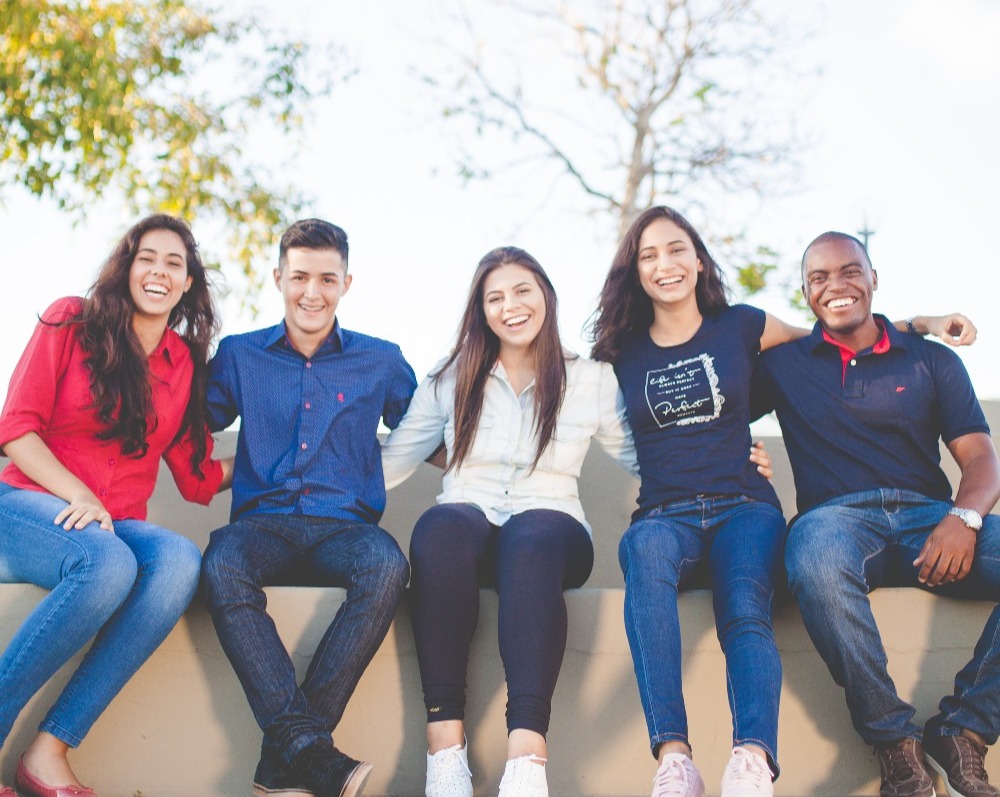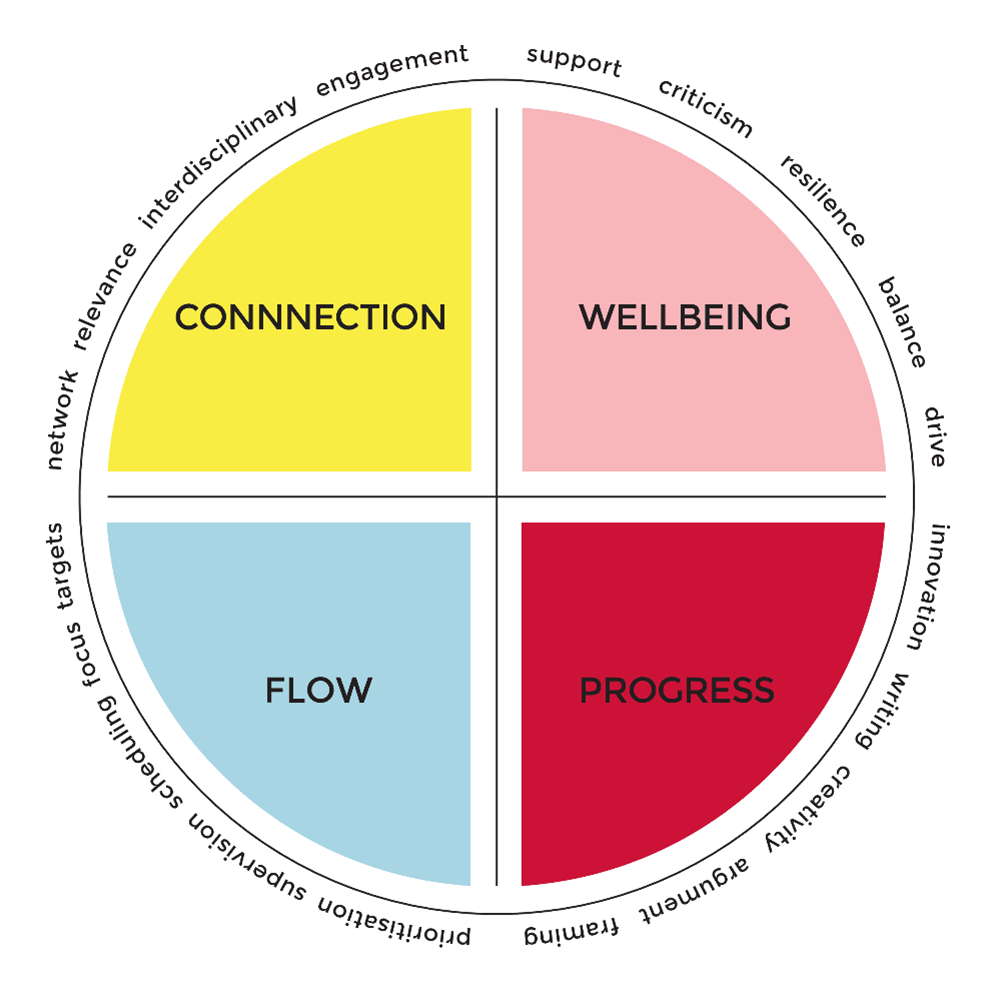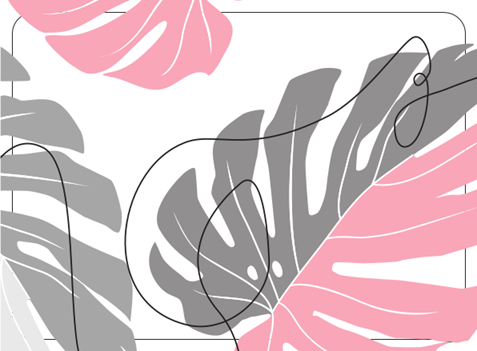Would you like a buddy to help you settle in to your studies at King’s and life in London? Are you a current international student who would like to help new PGR students?
The Centre for Doctoral Studies (CDS) aims to support early stage Postgraduate Research (PGR) students, helping them integrate into the PGR community and launch their research career successfully.
Starting a PGR degree can be daunting, perhaps more so if you are an international student moving to a new country. It is particularly challenging this year with the Covid-19 pandemic, restrictions to being on campus and difficulty forging new connections and networks. It can be highly beneficial to make connections with peers who may have been through similar experiences and navigated the early stages of their doctorate successfully.
The International PGR Student Buddy Scheme (iPGR Buddy Scheme) seeks to connect new international PGR students (pre-upgrade) with current international PGR students who have completed their upgrade from MPhil to PhD (usually after 12-18 months, or part-time (PT) equivalent) and can act as a buddy or mentor.
Terminology
Buddy = current PGR student, who has passed their upgrade viva and helps a new student transition into their PGR degree at King’s College.
Starting Student = a new student, who has not yet passed their upgrade viva, seeking a Buddy to provide informal advice and support as they start their PGR degree at King’s College London.
Remit and topics of discussion
The scheme is informal, and primarily led by the needs of the Starting Student. The Buddies offer a friendly connection, acting as a sounding board and/or sharing their own experiences and lessons learned. They might help signpost a Starting Student to other services and support available, although they are not expected to know all the answers.
Topics of discussion that might be covered between Buddies and Starting Students:
- Adjusting to research/study in the UK
- Logistics, and signposting to services that can help (e.g. Student Advice team)
- Connecting with the PGR community while working remotely
- Training and development opportunities
- Communities and social activities at KCL and outside
A Buddy would not be expected to:
- Provide the kind of support expected from a Supervisor, such as input on a Starting Student’s research project, or pastoral support.
- Provide any expert advise e.g. on visas, but rather help the student to seek pathways towards help or solutions.
Eligibility to participate
We are currently restricting this pilot scheme to international students, identified by a requirement for a Tier 4 Student visa. We will prioritise Starting Students who haven’t previously lived or studied in the UK (prior to starting their doctorate). We would not expect students in their final year of their doctorate and/or writing up their thesis to volunteer as a Buddy, as their priority is submitting their thesis.
Matching
We will ask about your faculty, school or department, and country of domicile in the application form. Where possible (and if requested), we will try to match students from the same or similar countries of domicile and/or faculty, however, we cannot guarantee this match in all cases.
Note that we can’t guarantee that all students will receive a matching, as this will be dependent on the number of buddies who volunteer.
Webinar
We will host a webinar on Friday 27 November 14:00 that all participants (Buddies and Starting Students) are strongly encouraged to attend. This webinar will provide key information on the support services available at King’s for international PGR students, provide advice on how to get the most out of the scheme, what to do if it doesn’t work out, and to answer any questions.
Methods of communication
We anticipate most students will communicate via phone or video calls e.g. via MS Teams, Zoom, Social media e.g. Whatsapp, phone calls. You might also email – we encourage you to discuss what works best for you. You must follow current King’s and government guidelines with regards to meeting face-to-face.
Commitment required
Once you’re paired, we suggest an initial chat and you can agree between you how often to speak and topics for discussion. As a guide, however, we suggest that you aim to have at around three conversations over the first three-month period.
Buddies should agree to:
- attend the information webinar
- meet with their allocated Starting Student for an initial conversation (e.g. over Teams).
- respond to their allocated Starting Student’s emails or communication in a timely fashion.
Starting Students should agree to:
- make initial contact with their matched “Buddy” to introduce themselves and propose an initial meeting time.
- attend the information webinar
- respond to their allocated Buddy’s emails or communication in a timely fashion.
Apply to volunteer as a Buddy here.
Apply as a Starting Student here.
All applications must be in by 12pm Friday 20th November. If you have any questions, please contact doctoralstudies@kcl.ac.uk.




